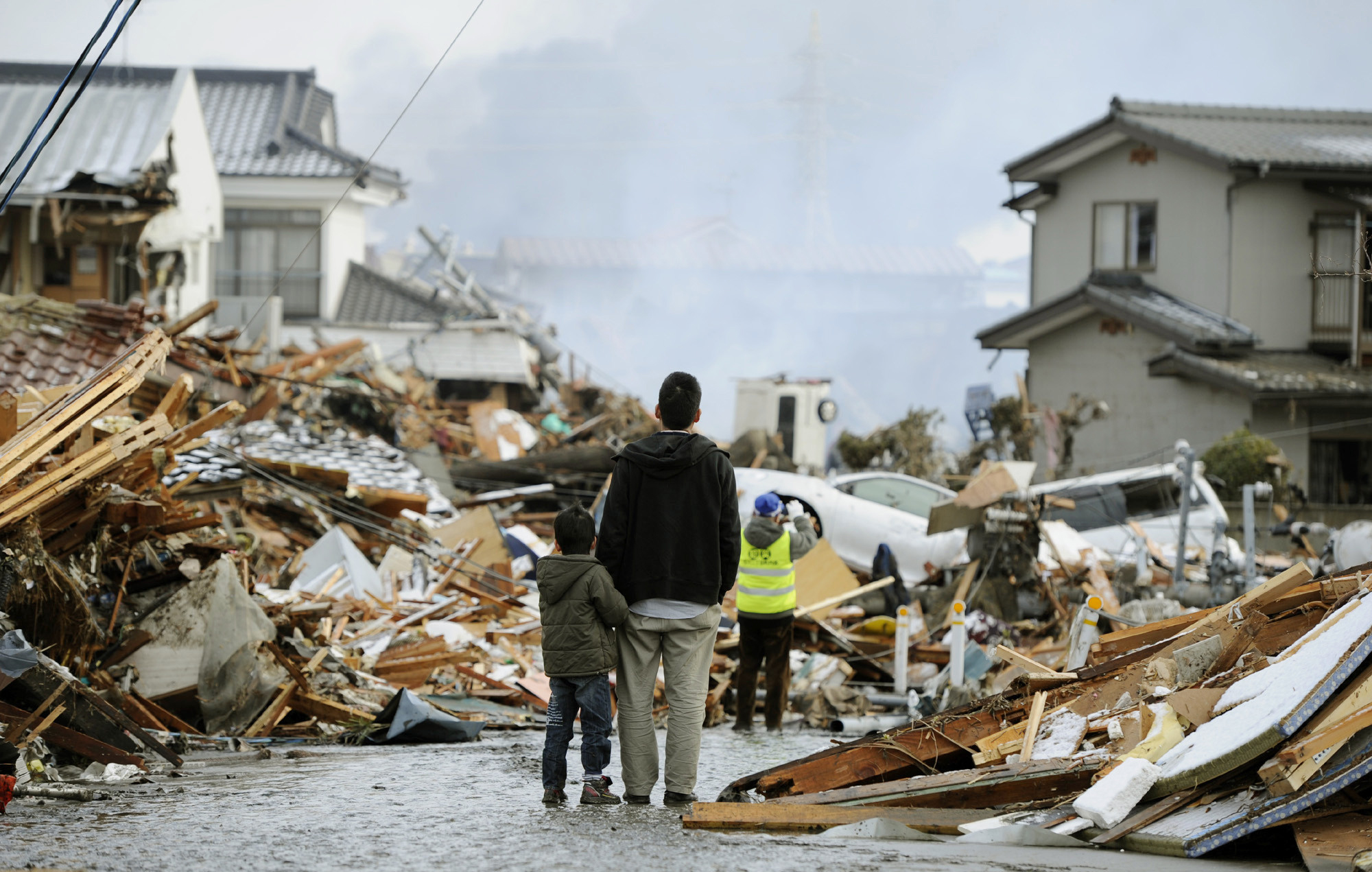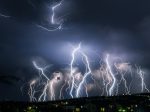Organizations such as American Red Cross and UNICEF are known for giving back to poor and needy communities. They advertise their goals by setting up fundraising events, commercials and flyers in hopes of gaining more supporters and contributions to help others in need, and are usually quite successful. Worth thousands of dollars, they are testimony to how much people are willing to help.
And it’s not without reason; with the recent hurricanes affecting the southern United States, Puerto Rico, and smaller Caribbean islands—and the effects perpetually being broadcasted by local and national news stations—it’s hard to sit around and just watch. Social media also puts the tragedy being faced by hurricane victims into perspective, giving the lucky ones a more real-feel idea of what they’re going through, while an article published on Quartz Media by Molly Rubin asks “Is this hurricane season busier than usual?”
However, it’s not uncommon to worry how trustworthy some of these organizations are. Scammers aside—because that’s a whole other level of untrustworthiness—a lot of Americans choose not to give their hard-earned money to charities they are unsure will use their donations to benefit the quality of life of the needy. They don’t see the improvements that were promised being made in places like Haiti or Louisiana after the natural disasters left entire communities distraught. The Clinton Foundation was also publicly denounced for withholding contributions originally intended for Haiti after an earthquake devastated the island a couple years ago.
Meanwhile, the effects left by the recent hurricanes of this year are no joke. The Boston Globe has posted numerous pictures of people standing near debris that used to be their homes and others attempting to travel through waist-deep water to more stable and drier ground in Florida, St. Martin, Cuba and St. John after Irma made its way. The article also mentions the many deaths caused and the loss of electricity to be dealt with by millions of survivors. But it gets worse, as reported by Forbes, which states “Hurricane Harvey could end up being the costliest natural disaster in U.S. history,” and FiveThirtyEight which claims “tens of thousands have been forced to evacuate their homes.” Other horror stories detail accounts of families being separated, possible domestic abuse within shelters, lack of food or water, and babies and elderly adults without health care.
The New York Times article How to Help Hurricane Irma Victims (and How to Avoid Scams), however, graciously shines some light onto the issue of helping but not knowing how. Author Jacey Fortin provides three sites useful in determining which organizations can be trusted to put every dime possible towards hurricane relief: Charity Navigator, Charity Watch and Better Business Bureau. Using the tax return documents submitted by the organizations who choose to do so, these sites mark the areas where they are strongest versus where they’re lacking, combined with a description of what each area means, resulting in an overall letter grade of A, B or C, which help potential supporters determine whether or not they want to donate to that organization. An organization may also be trusted if the information provided is up-to-date and listed on all three sites.
Charity Navigator provides the most financial details, including definitions explaining those details (for the less financially literate), as well as charts and percentages to show off financial performance, and a checklist of necessary items for rankings in accountability and transparency performance. Additional information, such as the company’s CEO and contact information are also listed, and you are urged to get in touch with a company if you would like to express concern over their financial or accountability performance.
Yet what first strikes your attention is the overall rating of a company, expressed through a score out of one hundred and the number of stars it has received. I thought UNICEF was a strong organization, with an overall score of 84.39 and three out of four stars (my hopes weren’t high enough), for example, until I compared it to Direct Relief, which has a score of exactly 100, complete with perfect financial and accountability performance metrics.
So if you’re looking for a way to support the victims of this year’s natural disasters, Direct Relief, whose most up-to-date news headlines includes the help it offered Mexico and Puerto Rico, to name two, can be one of the few organizations at the top of your list. Their Charity Navigator profile shows they spend more money than they receive, and their website provides greater insight on their mission “to improve the health and lives of people affected by poverty and emergencies.”
All Hands Volunteers and Americares, also with very high ratings, though not perfect scores, are next in line after Direct Relief. Both their financial and accountability ratings are in the upper nineties, making them organizations that can be more likely trusted than others to use their contributions towards helping natural disaster victims and communities. However, according to their Charity Navigator profiles, All Hands Volunteers uses 87.1 percent of its contributions on program expenses, while Americares uses 98.1 percent, showing that the latter might be more reliable in getting the job done. Americares’ expenses also surpass its revenue, while the same can’t be stated for All Hands Volunteers.
However, lack of trust in donating to organizations also exists because of the racial issue, through which it seems that Blacks and other Non-White groups are given second priority when it comes to helping people affected by these natural disasters. Charles D. Ellison, writer of “Race and Class are the Biggest Issues Around Hurricane Harvey and We Need to Start Talking About Them,” wrote for The Root, “several hundred thousand Houston-area residents didn’t have the luxury of packing up and leaving, despite Abbott’s calls to do so” in preparation for the natural disaster. So better assurance must be made in that area as well.

















